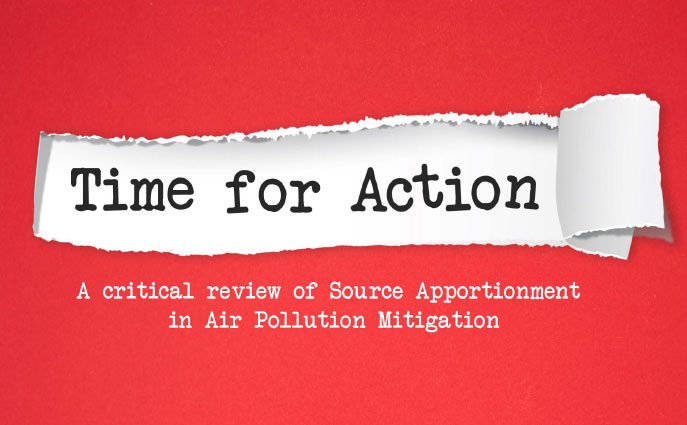The Indian policy ecosystem is replete with laws designed to guarantee the right to clean air and water to its citizens. Some of these laws and policies have been in place for decades but have failed to achieve their ambition. This goes to emphasise that deteriorating air quality in the country is not due to a dearth of policies. In fact, the air quality discourse can benefit more if resources are allocated towards honestly understanding and addressing the implementation challenges facing the existing set of environmental policies. Experts working in the field of air pollution have also expressed their frustration with the excessive reliance Source Apportionment science for designing air pollution mitigation strategies. In a country like India with high levels of pollution, a very poor implementation framework and limited financial resources, source apportionment studies are a mere indulgence. Logically speaking, a source apportionment study is most effective to understand the achievements of a well -implemented mitigation strategy, not to frame one. The question that then follows is whether the findings of SA studies are really influencing policy implementation.


